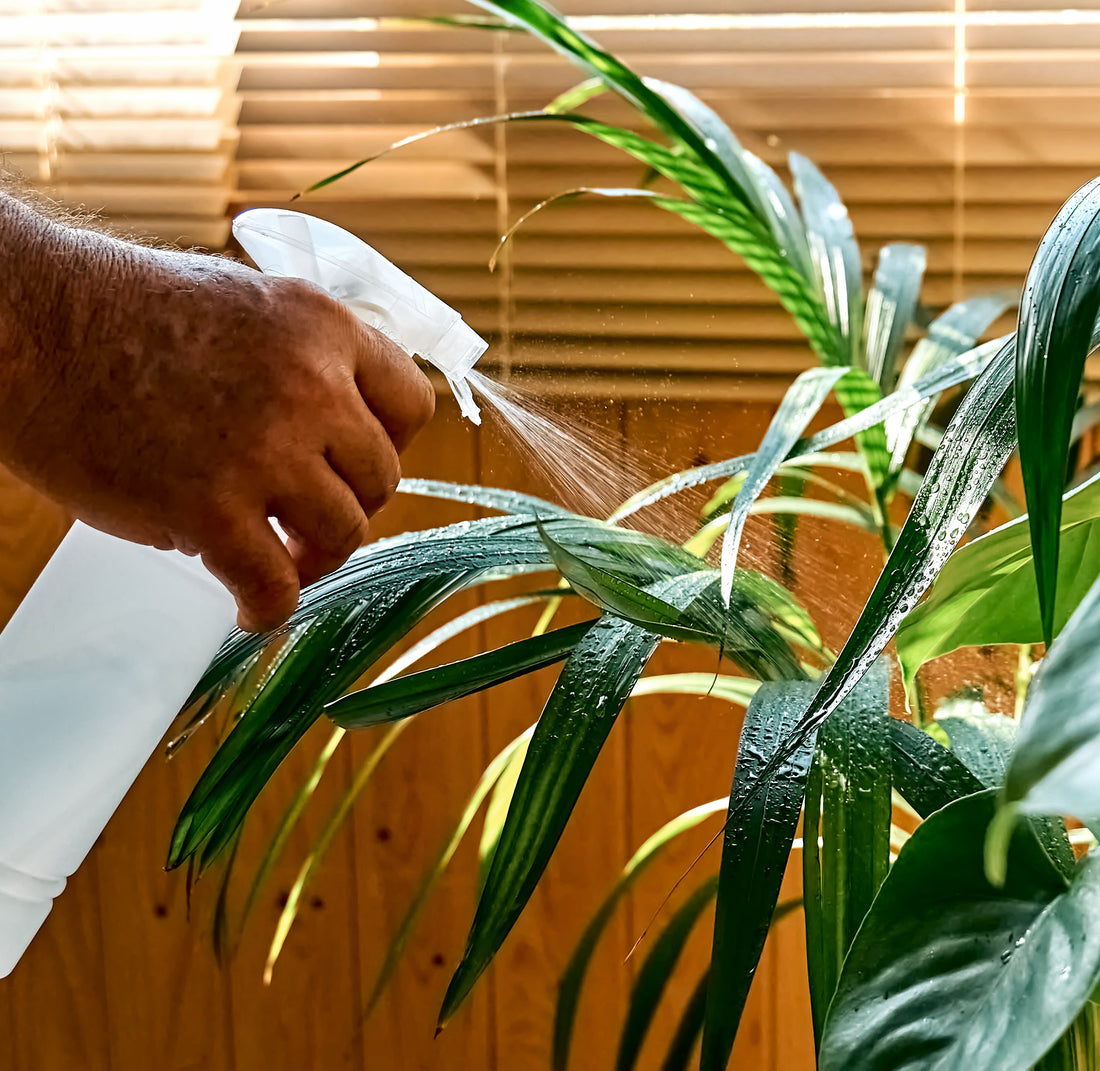
Understanding and Treating Scale Infestations on Houseplants
Understanding and Treating Scale Infestations on Houseplants
Houseplants can bring life and beauty to any indoor space, but they are also susceptible to pests that can damage or even kill them if left unchecked. One common pest that affects houseplants is scale insects. Scale infestations can be tricky to deal with, but with the right knowledge and treatment, you can protect your plants and keep them healthy.
What is Scale Infestation?
Scale insects are small, oval-shaped pests that attach themselves to the stems, leaves, and sometimes even the roots of plants. They feed on the plant's sap, weakening the plant and causing it to become more susceptible to other diseases. Scale insects can vary in colour and size, ranging from almost translucent to brown or black, depending on the species.
One of the most common types of scale is the armoured scale, which secretes a waxy coating that protects it from predators and pesticides. Soft scale, on the other hand, does not produce a hard covering and is easier to control.
Identifying Scale Infestations
Detecting scale infestations early is crucial for effective treatment. Look out for signs such as:
- Sticky residue: Scale insects excrete a sticky substance called honeydew, which can attract ants and mold.
- Yellowing or wilting leaves: Infested plants may exhibit signs of nutrient deficiency due to the loss of sap.
- Visible insects: Look closely for small, oval-shaped insects on the stems and leaves of your plants.
Treating Scale Infestations
There are several methods you can use to treat scale infestations, depending on the severity of the problem:
- Manual removal: For light infestations, you can physically remove the scales with a cotton swab dipped in rubbing alcohol or soapy water. Be sure to treat both the upper and lower surfaces of the leaves.
- Pruning: For more severe infestations, consider pruning heavily infested branches or leaves. Be sure to disinfect your pruning tools between cuts to prevent spreading the infestation.
- Insecticidal soap: Insecticidal soaps are effective against soft scales and can be sprayed directly onto the affected areas. Repeat the treatment every 7-10 days until the infestation is under control.
-
Watering with Peroxide: To eliminate any pests or eggs within the soil, water as usual but with a diluted Hydrogen Peroxide solution (4:1 ratio of water to 3% hydrogen peroxide).
Preventing Scale Infestations
Unfortunately, like other bugs, scale can enter our homes on flowers, fruit, and other natural goods. They're also not uncommon to see on plants housed outdoors throughout the summer. Outdoors, natural predators can help keep their populations in check, but indoors, that balance doesn’t exist and infestations can occur.
To prevent scale infestations from happening in the first place, follow these tips:
- Inspect new (and Old!) plants: Before bringing a new plant into your home, inspect it carefully for signs of any pests, including scale insects. Lack of early intervention when infestations occur is also a factor, so we also recommend checking out your other plants on a regular basis to ensure they're all clear.
- Maintain plant health: Healthy plants are more resistant to pests and diseases, so be sure to provide your plants with the proper care, including adequate water, light, and nutrients. Scale tend to appear on plants that are under stress due to limited light, inconsistent watering, temperature fluctuations, etc.
- Isolate infested plants: If you suspect that one of your plants has a scale infestation, isolate it from your other plants to prevent the infestation from spreading.
By understanding the signs of scale infestation and taking proactive measures to prevent and treat them, you can protect your houseplants and keep them looking their best.